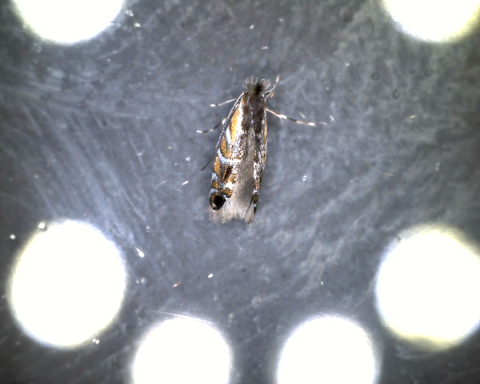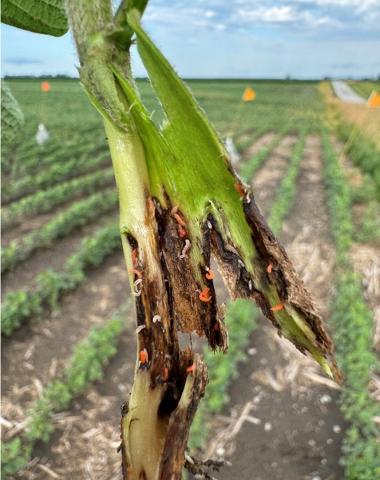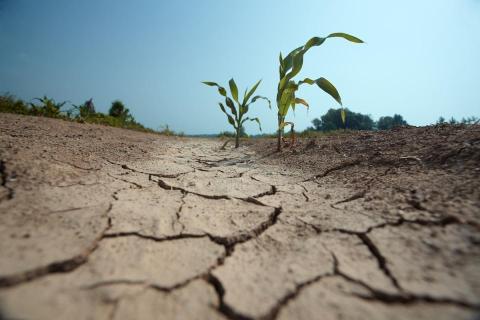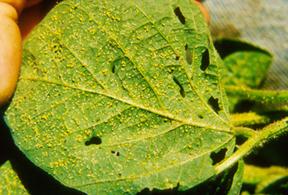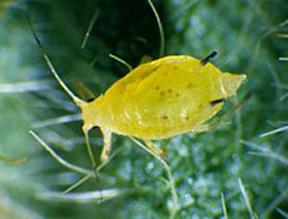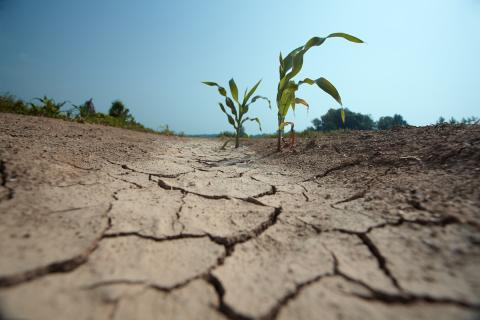Confronting Cropping Challenges Program to be Offered in December 2024
November 22, 2024
Nebraska Extension's Confronting Cropping Challenges program returns for its eighth year, addressing key agricultural concerns from the 2024 growing season and helping producers prepare for 2025.
Soybean Tentiform Leafminer Found in Nebraska
October 10, 2024
A new soybean pest has moved into Nebraska — the soybean tentiform leafminer was positively identified in a Madison County field last month. At present, there are no known management methods for this insect.
Insect Pest and Plant Diseases in Soybean: A Nebraska Soybean Board-funded Project
July 10, 2024
In a new study, UNL researchers are using unconventional treatments on soybean insects and diseases to investigate the relationships between certain pests and how their interactions impact crop yield.
Confronting Cropping Challenges Program to be Offered in November 2023
November 16, 2023
In its seventh year, Nebraska Extension's Confronting Cropping Challenges program will help producers in northeastern Nebraska with current and emerging cropping issues.
Although at Low Levels, Soybean Aphids are in Nebraska
August 2, 2023
With soybean aphid infestations, it's important to preserve natural enemies under an integrated pest management approach, as well as treating only when pest populations reach economic or treatment thresholds, to let beneficial insects do their work.
Soybean Aphid Scouting and Management
August 2, 2023
Soybean aphids in Nebraska typically reach the economic threshold and require treatment in late July through August. Treatment during this time is usually enough to keep aphid populations from resurging before they leave fields for the season.
Private Pesticide Training Offered by Zoom for 2023
January 19, 2023
Zoom training sessions will focus on pesticides for corn and soybean on March 8 and April 4, and for pastures on March 21.
Confronting Cropping Challenges Program to be Offered in November and December 2022
November 8, 2022
This year's program will provide growers with extension insights on corn tar spot, drift management and drought-related considerations such as irrigation, and herbicide and nutrient carryover.



